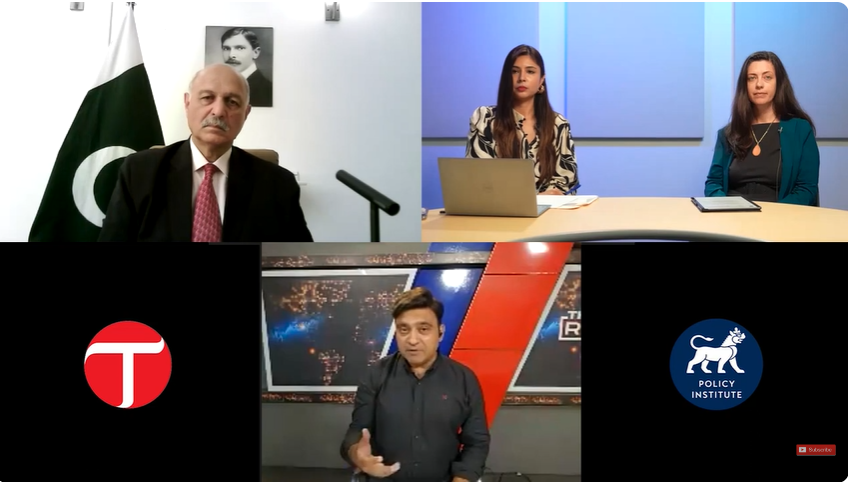
A webinar organised by The Express Tribune and the Asia Society Policy Institute (ASPI) provided in-depth insights into the current geopolitical shifts in Asia and their implications for Pakistan and regional stability.
The online event, held on Tuesday, featured prominent speakers including Senator Mushahid Hussain Sayed, Managing Director of ASPI Rorry Daniels, senior journalist Kamran Yousaf, and Director of South Asia Initiatives at ASPI Farwa Aamer.
Farwa Aamer opened the discussion by highlighting the recent economic disruptions and changing security dynamics in Asia.
She emphasised that South Asia, given its strategic location, is significantly impacted by these shifts.
"South Asia, geo-strategically located within Asia and the rest of the globe, is at the epicenter of these regional and global transformations," Aamer remarked.
Rorry Daniels provided an in-depth analysis of the intensifying US-China competition, identifying it as one of the key geopolitical trends affecting Asia.
"The return of geopolitical competition to the forefront of international relations is driven by strategic mistrust between the United States and China," Daniels noted.
She explained that both nations see each other as constraints on their own power, which affects their policies in Asia and globally.
Daniels also highlighted the contrasting approaches of the US and China, with the US focusing on regional peace, stability, and ideological interests, while China seeks transactional relationships that advance its core national interests.
Senator Mushahid Hussain Sayed elaborated on the retrenchment of American influence and the rise of China.
"We see the retrenchment of American influence, American power, and a slow-motion unwinding of the American century," Sayed stated.
He pointed out that China's growing economic and technological prowess is reshaping the global order.
Sayed also highlighted the resurgence of key Muslim middle powers, including Pakistan, Indonesia, Iran, Turkey, and Saudi Arabia, which he believes will play significant roles in their regions over the next decade.
Referencing his recent travels, Sayed observed, "One can feel the winds of change sweeping across much of Asia."
Kamran Yousaf discussed Pakistan's political transition following the February elections, noting the ongoing challenges of political instability, economic difficulties, and security concerns.
He emphasised the need for Pakistan to address these issues to leverage its strategic location.
"Given the kind of problems that currently Pakistan is facing, it is a huge challenge for Pakistan to navigate its interests," Yousaf remarked.
He highlighted Pakistan's significant youth population and the economic challenges it poses, noting that most young people are unskilled and uneducated, which provides a fertile ground for extremist forces.
The speakers also discussed the implications of the US-Russia dynamic in South Asia.
Daniels remarked that Russia's strategic partnerships with countries like China and India could influence the region's geopolitical landscape.
"Russia thought it was very important to secure its relationship with China first because China could give it cover for doing things in the international system that all countries have agreed are wrong," she explained.
Yousaf added that Pakistan's evolving relationships with Russia and China could diversify its foreign policy options, despite the historical context of Pakistan-US relations.
Senator Sayed concluded by stressing the importance of economic development and regional cooperation. He emphasized that initiatives like the China-Pakistan Economic Corridor (CPEC) are pivotal for Pakistan's strategic positioning and economic growth.
"CPEC is the centerpiece of our foreign policy because China is our closest friend and also a neighbour," Sayed stated.
He called for a regional reset, particularly in improving relations with neighbours like Afghanistan and Iran.
The webinar underscored the complex interplay of global powers in Asia and the need for strategic foresight and regional cooperation to navigate the evolving geopolitical landscape.
The event provided valuable insights into the challenges and opportunities facing Pakistan and the broader South Asian region.
Farwa Aamer concluded by thanking the panelists and attendees and stressing the importance of continued dialogue on critical issues.

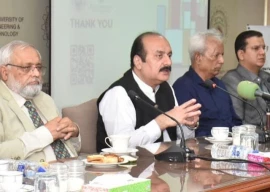



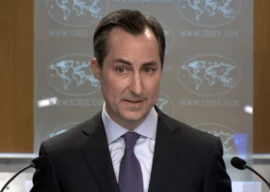




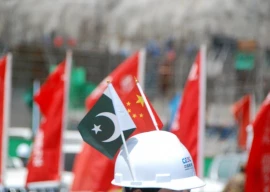

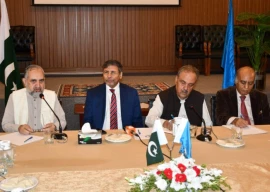


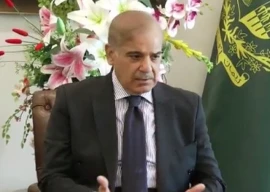




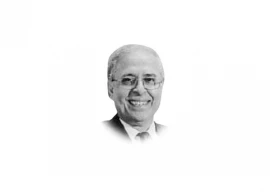

COMMENTS
Comments are moderated and generally will be posted if they are on-topic and not abusive.
For more information, please see our Comments FAQ